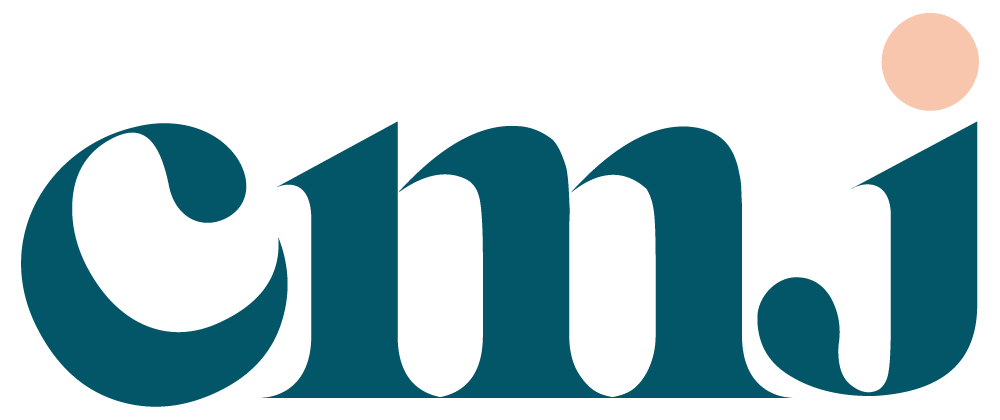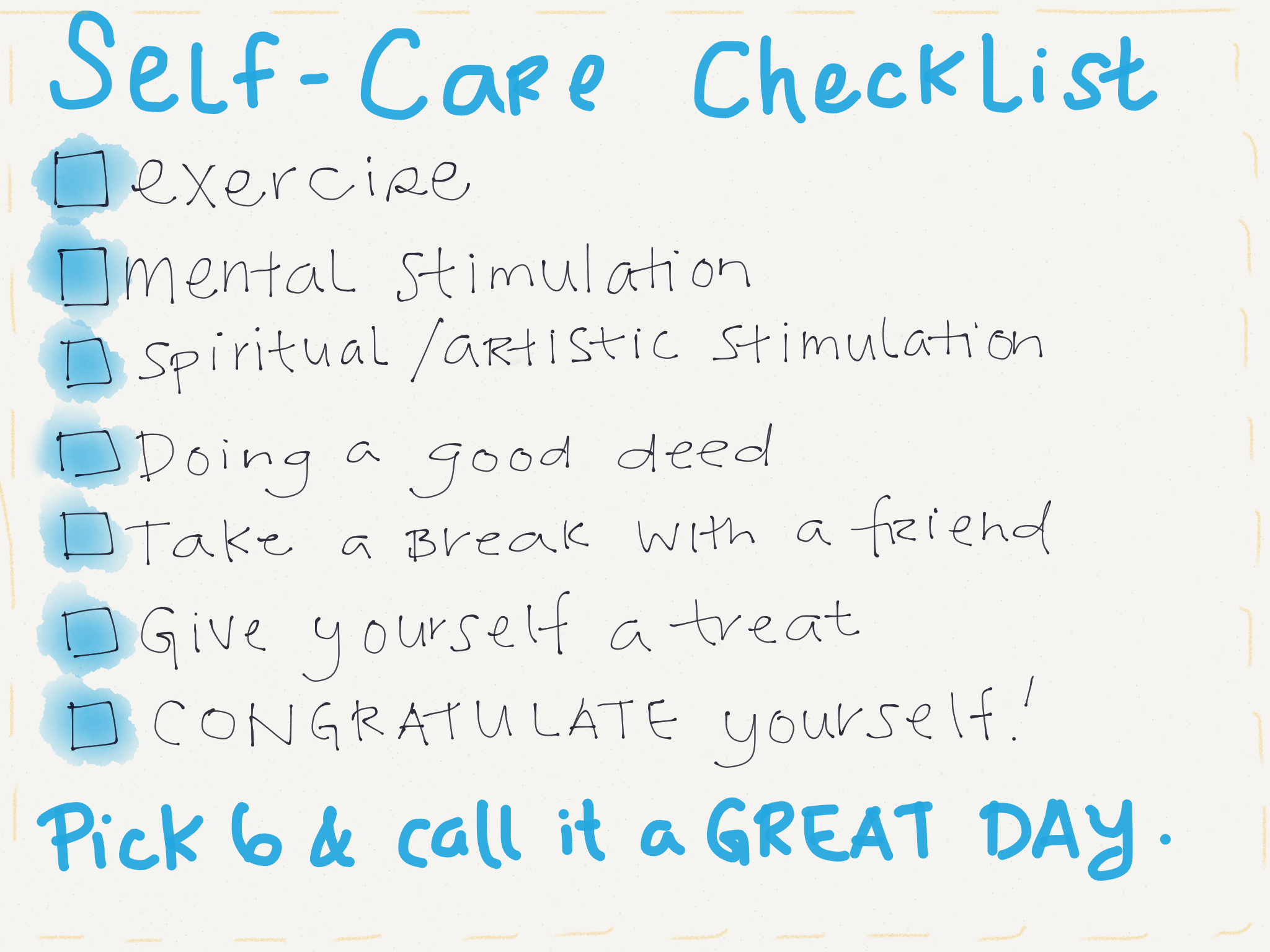The Community Manager's Self-Care Checklist
It's no secret that community professionals burn out constantly.
I've written about it a few times, most recently in last week's post.
Other community professionals, like Jessica Fish, write about it.
There's an awesome panel of community builders talking about it tomorrow morning in-depth.
It's also no secret that people like frameworks.
We can talk about burnout forever, but we need a framework for taking care of ourselves so we don't get to the dark places that burnout takes us. If you take care of yourself as often as you can (hopefully every day), burnout ceases to be an issue.
I've found a framework, based on Steven Koch's book, The 80/20 Principle. As of two weeks ago, I now follow this framework each day. As a result, I feel lighter, more capable, and ready to tackle more challenges that come my way. I also feel less guilty taking much-needed breaks because I know my own breaking point so well. This means that the time I spend working is highly-focused time, not time I spend resenting anyone for taking me away from myself.
Here's the simple checklist, illustrated by yours truly as an act of artistic stimulation today.
All of this starts with boundaries and knowing and loving yourself. I'll give you a little primer on that before delving into the self-care checklist. I'm no expert in it, but I'd be wrong not to note that self-care starts much deeper than with a checklist of actions.
Setting Your Personal Boundaries
I've had to learn boundaries the hard way: by letting people cross them and then falling apart. We don't talk about boundaries a lot in our culture, and we especially don't do so in the community industry. You have a right to personal boundaries, consent, and to say no if something does not add anything to your life. You do not have to do anything at all. You don't have to tip-toe around people's egos if it doesn't serve you in any way. Here are expert Mark Manson's tips for building boundaries.
Many of us have poor boundaries. Most people won't cross them, but all it takes is one person - your boss, co-worker, partner, community member - to ignore those boundaries and send you into a tailspin. We are caretakers of people and connectors often because we have spent some portion of our lives neglected, ignored, or disconnected. Our empathy runs deep. This is beautiful, but it can be dangerous if left unchecked.
And if you're not communicating your boundaries, you can't fully blame them for doing so (it's not your fault, but you must understand how to stop it from happening again).
You maintain your boundaries by always ensuring that you inject at least six self-care items into your everyday routine. So let's get down to the framework.
The Community Manager Daily Self-Care Checklist
Try to do at least six of these per day.
Exercise
Treat yourself
Do a good deed
Spend at least 30 minutes with a friend (your cat counts)
Find time for mental stimulation (you can combine 4 and 5 if your friends are smart!)
Find time for artistic or spiritual stimulation
Congratulate yourself
What each of these items entails is highly individual. So sit down and identify the times in your life you've felt happiest and what kinds of things you were doing at those times. You'll see natural patterns emerge.
You can start to see your own self-care options by creating a Happiness Island Brainstorm.
I actually created a “Happiness Islands” brainstorm with Paper. I like structure…
For me, I noticed that those happiest of times involved lots of trips, clear goa…For me, I noticed that those happiest of times involved lots of trips, clear goals, trying new activities, meeting different kinds of people, hiking, writing, reading, anFor me, I noticed that those happiest of times involved lots of trips, clear goals, trying new activities, meeting different kinds of people, hiking, writing, reading, and squeezing my dog. So I find space in my life for those things on a regular basis now.
I'll throw out ideas for you to get your brain moving in the right direction.
Exercise
Walk your dog a little longer than usual
Go for a run
Take a fitness class
Walk to a farther bus stop than usual
Do yoga at the park
Turn music up and dance at home
Take a walking meeting
Treat Yourself
Get a massage
Go to bed early
Hug your cat
Buy a new shirt
Cook yourself a meal (treating yourself to crappy fast food doesn't count)
Get a haircut
Watch an episode of Parks and Rec
Do your nails
Read a book
Wander in a new place
Do a Good Deed
Smile at someone on the street
Go the extra mile for a community member in need
Bake cookies and give them to your neighbors
Volunteer
Refill the Brita filter when it's empty (seriously... do this.)
Spend Time with a Friend
Call a friend on the phone... yes, call them.
Spending 30 purposeful minutes with your dog where you're fully present
Meet for a happy hour glass of wine
Join a Google Hangout
Mental Stimulation
Have a great conversation with an old friend
Call up one of your community members and ask them about an area of their expertise
Read a book
Read a new magazine
Don't eat while watching TV. Talk to someone instead.
Listen to a podcast
Read Quora questions in an area you know nothing about
Go to the library and browse the shelves
Artistic or Spiritual Stimulation
Meditate
Draw (by hand or with Paper!)
Paint
Dance
Sing
Organize an event
Write for fun
Congratulate Yourself
This one is simple. Take some time to tell yourself you did enough and that you're doing your best.
And if you can only do five today, congratulate yourself twice: once from you and once from me. You've done your best. You should be proud of you.



